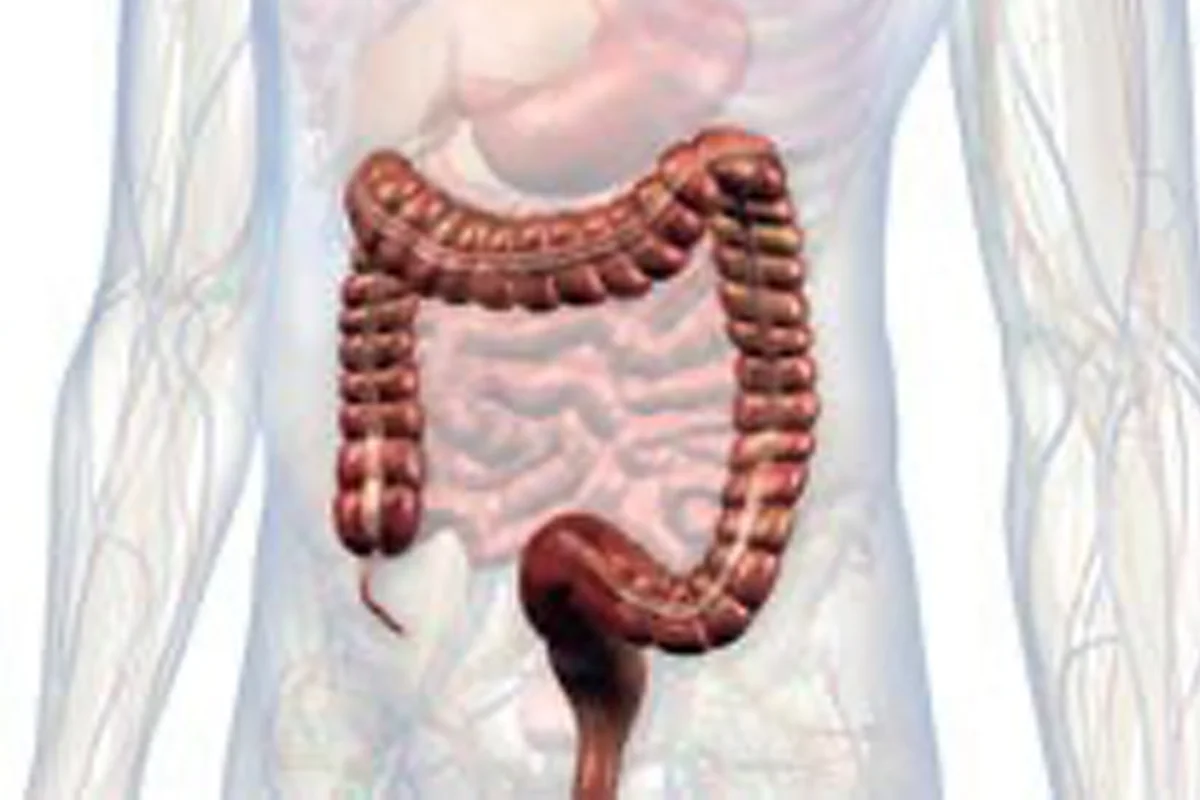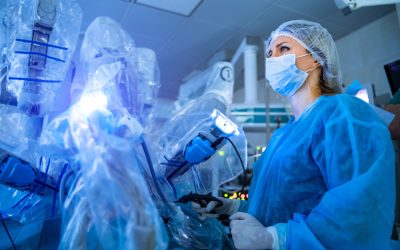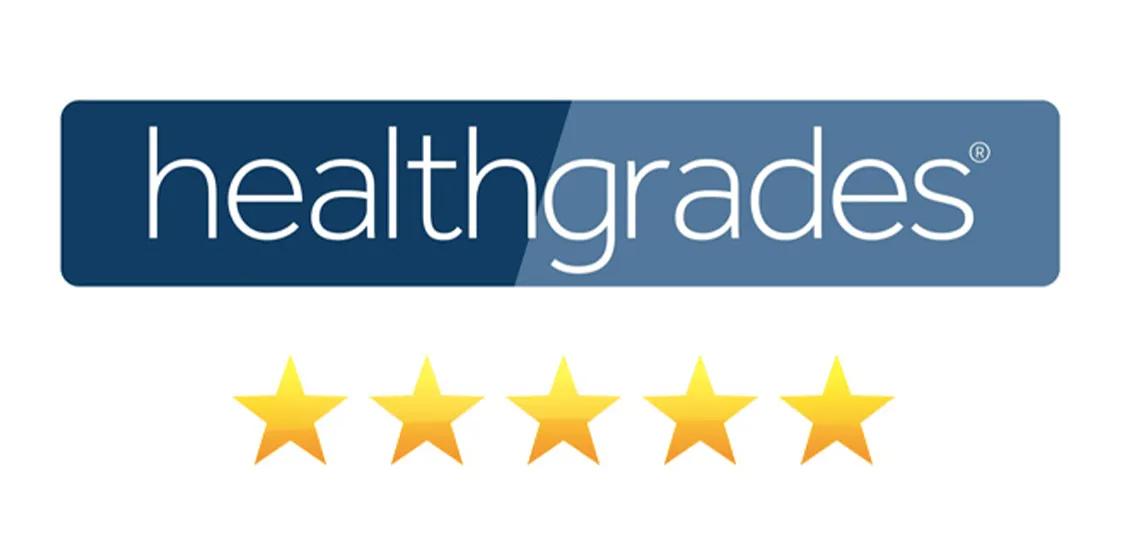Colon Surgery in Scottsdale, AZ
WHAT IS COLON SURGERY?
The colon (also known as the large intestine) is the final organ in the digestive process that prepares waste for elimination from the body. When a disease or medical condition affects the colon, patients can suffer many painful symptoms, like rectal bleeding, stomach pain, vomiting, and more. The full or partial removal of the colon may be needed to treat colon diseases including uncontrolled bleeding in the colon, bowel obstruction, colon cancer, Crohn’s disease, ulcerative colitis, or diverticulitis. At Arizona Premier Surgery, patients can have a minimally invasive laparoscopic colectomy to effectively treat colorectal diseases with a:
- Total Colectomy – removes the entire colon
- Partial (Subtotal) Colectomy – removes part of the colon
- Hemicolectomy – removes the right or left section of the colon
- Proctocolectomy (Abdominal Perineal Resection) – removes the colon and rectum
COLON SURGERY REVIEWS
“Dr. Amini has been terrific. I feel comfortable with him and he is open and honest. I had part of my colon removed and a colostomy inserted recently. He engages with his clients, sees them daily in the hospital, and informs them at every step along the way. He also encourages you to move on and reengage in your normal life. I look forward to my second surgery to put my parts back together and would not want to do it with anyone but him. I would highly recommend him to anyone. ”
– T.M. / Healthgrades / Jun 03, 2016
COMMON REASONS FOR COLON SURGERY
Uncontrolled Bleeding
Bleeding in the colon may be caused by colon cancer, colon polyps, ulcerative colitis, and other colorectal diseases. If the bleeding cannot be controlled with nonsurgical methods, a full or partial colectomy may be performed.
Bowel Obstruction
If nonsurgical treatments are not effective or the situation requires emergency care, a blocked colon may be fixed with a total or partial colectomy.
Colon Cancer
One of the options for treating colon cancer is a colectomy. Early-stage colon cancer may only require a small portion of the colon to be removed, while later stages may require most or all of the colon be removed.
Crohn’s Disease
Crohn’s disease is an advanced form of inflammatory bowel disease (IBD) that can cause many painful, long-term symptoms. Since there is currently no cure for Crohn’s disease, one of the treatment options is the full or partial removal of the colon.
Ulcerative Colitis
Ulcerative colitis is another advanced form of inflammatory bowel disease (IBD) that creates chronic inflammation and ulcers. If nonsurgical treatments are not successful or providing enough relief, a colectomy may be suggested.
Diverticulitis
Diverticulitis is an inflamed or infected bulge that has formed in the lining of the colon. Mild cases may be treated with medication or lifestyle changes, but severe or recurring cases of diverticulitis may be best treated with a full or partial colectomy.
Preventative Treatment
A colectomy may be performed to prevent larger problems including patients who have a high risk of developing colon cancer. This may include patients who have multiple precancerous polyps that have formed in the colon, genetic conditions like Lynch syndrome or familial adenomatous polyposis.
HOW LAP AND ROBOT COLECTOMY WORKS
If a full or partial colectomy is chosen to treat a colorectal disease or condition, surgery will be scheduled at our office or an accredited surgical facility and the patient will be given a list of pre-operative instructions. Colon removal surgery is performed with the patient under general anesthesia as thin tubes are threaded through 3 – 5 small incisions in the stomach. Using the telescope on the end of one of the tubes, the surgeon will begin to remove the necessary parts of the colon. If needed, the intestines will be re-routed to skip the colon during the digestive process. Once the surgery is complete, the incisions will be closed and the patient will be taken to the recovery area.
WHAT TO EXPECT WITH COLON SURGERY
A colectomy is usually performed in about 2 hours as an inpatient surgery. Once released from the facility, patients typically need about 3 – 4 weeks for recovery before they can return to work and normal activities. Patients may be given prescriptions for pain or constipation that should be filled before their surgery to make their recovery easier. Patients should schedule a follow up appointment with their surgeon about 4 – 6 weeks after their surgery to check healing progress and discuss adding more strenuous activities.
TREAT COLORECTAL DISEASE
If you have tried lifestyle modifications and medication to control your colorectal disease or condition, but are still suffering pain or symptoms, schedule a consultation to learn about laparoscopic colectomy at Arizona Premier Surgery. You have options for minimally invasive full or partial colon removal to treat or prevent conditions with an easier recovery than traditional open surgery.
[related_procedures]
Related Posts
da Vinci Hernia Surgery: What To Expect
Today’s hernia patients have more treatment options than ever before, and many choose to undergo da Vinci robotic hernia repair. This type of hernia surgery offers great results and faster healing due to the minimally invasive nature of da Vinci hernia surgery– but it...
Top Minimally Invasive Surgery Centers in Phoenix, AZ
Discover the best minimally invasive surgery centers in Phoenix, AZ. From spine to cardiac care, these facilities offer advanced procedures with minimal downtime and maximum results. Check out our latest article to learn more about these innovative centers that take Arizona surgical procedures to the next level.







